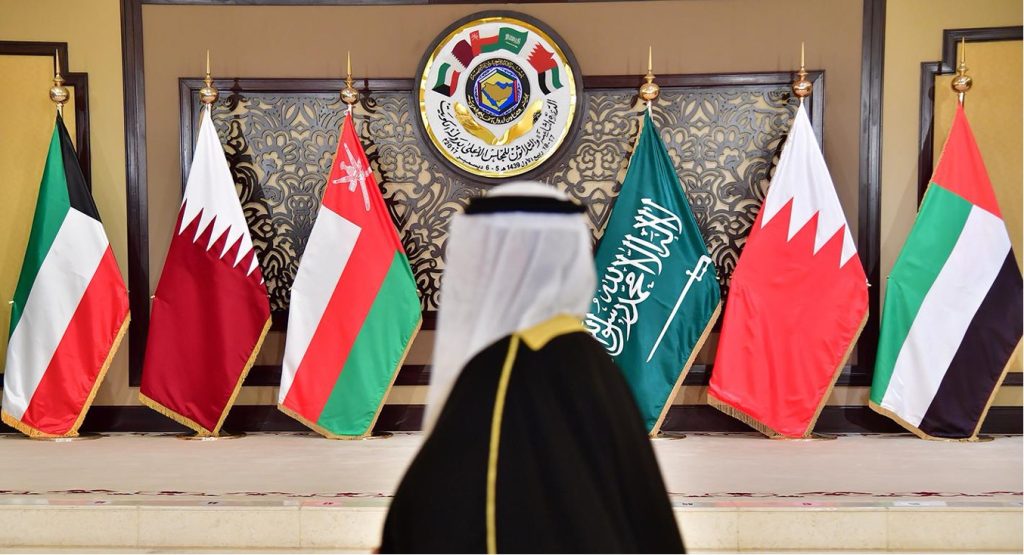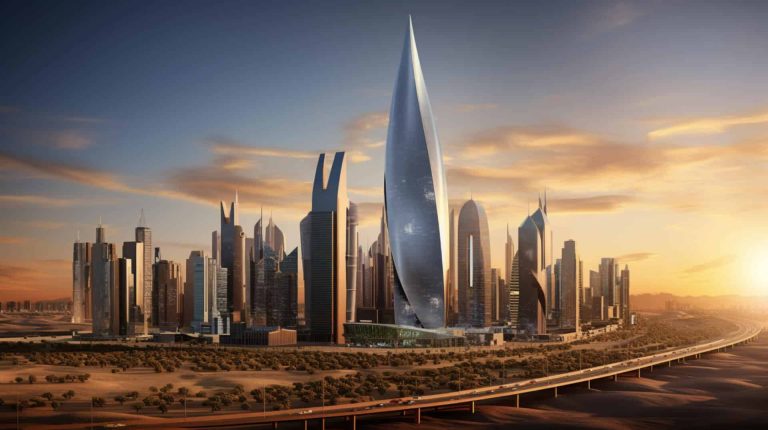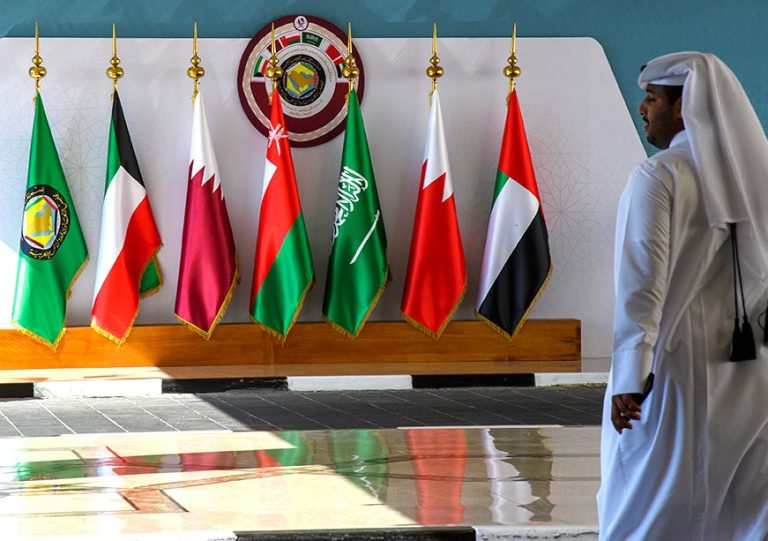
Foreign Direct Investment (FDI) is reshaping the Gulf Cooperation Council (GCC) as its members modernize economies, diversify away from oil, and create increasingly sophisticated investment environments. The choice of jurisdiction—United Arab Emirates (UAE), Saudi Arabia (KSA), Bahrain, or Oman—can make or break a venture, depending on sector, ownership rights, taxation, and setup ease. This article delivers a side-by-side, in-depth breakdown of FDI incentives in leading GCC countries, with a focus on free zones versus mainland jurisdictions, so investors can make informed decisions.
Sector Opportunities and Targeted Incentives
UAE
- Sector Focus: UAE offers more than 40 free zones, each tailored for specific sectors such as technology (Dubai Internet City), finance (DIFC, ADGM), logistics (JAFZA, Khalifa Industrial Zone), media (Dubai Media City), and manufacturing. This sector-specific approach ensures access to targeted infrastructure and support.
- Flexibility: Startups, e-commerce, logistics, consultancy, fintech, and healthcare can find tailored incentives.
- Mainland: UAE mainland is increasingly open across all sectors, especially post-recent reforms allowing 100% foreign ownership in many non-restricted sectors.
Saudi Arabia (KSA)
- Sector Focus: Vision 2030 and the Saudi Investment Promotion Authority (IPA) have launched economic cities (e.g., King Abdullah Economic City) targeting manufacturing, technology, logistics, R&D, and regional HQ operations. Sectors like chemicals, automotive, and renewables are high priorities.
- Incentives for Manufacturing and Knowledge-Driven Businesses: KSA attracts the highest FDI volume in the region, especially in these sectors.
Bahrain
- Sector Focus: Offers incentives for finance, ICT, manufacturing, and logistics. Bahrain’s Economic Development Board promotes FDI in banking, fintech, and tourism.
- Niche Specialization: Bahrain’s small, dynamic market is known for financial services and as a testbed for regional expansion.
Oman
- Sector Focus: Mainstream manufacturing, logistics (especially via Duqm Special Economic Zone), tourism, renewable energy, and fisheries.
- Emerging Hotspot: Oman is growing in attractiveness for logistics and heavy industry, with special zones like Duqm offering massive space and sector-specific clusters.
Ownership Rights
| Country | Free Zone Ownership | Mainland Ownership |
|---|---|---|
| UAE | 100% foreign ownership | Up to 100% in many sectors* |
| KSA | 100% foreign ownership in zones | Up to 100% (sector-dependent); partial restrictions remain in select areas |
| Bahrain | 100% foreign ownership | 100% foreign ownership in most sectors |
| Oman | 100% foreign ownership in zones | 100% foreign ownership in most sectors post-2020 reforms |
- *UAE has lifted restrictions for non-strategic sectors on the mainland; check sector-specific lists.
Key Takeaway: All four countries enable full foreign ownership in free zones. UAE, Bahrain, and Oman allow up to 100% on the mainland for the vast majority of sectors, reducing the need for local partners. KSA is liberalizing but some legacy restrictions may apply in key areas like security, media, and exploration.
Taxation and Incentives
Key Observations:
- Taxation remains favorable in all four, with Bahrain and Oman’s special zones offering the longest tax holidays.
- Saudi Arabia’s 20% corporate tax is offset by project-specific reductions and exemptions for regional headquarters.
- All offer VAT, though rates vary. Bahrain’s VAT was recently increased to 10%.
- Free zones universally provide customs and capital repatriation benefits.
Ease of Setup
- Free zones have streamlined processes across all countries, with UAE and Bahrain leading in digitalization and speed.
- Oman’s Duqm zone offers one-stop-shop setup and investor support.
- KSA has simplified procedures but still sometimes involves longer timelines, especially for projects outside key economic cities.
Pros and Cons by Jurisdiction
United Arab Emirates (UAE)
Pros:
- Diverse free zones for nearly every sector.
- 100% foreign ownership, tax-friendly.
- Best in class infrastructure and digital government.
- Fast, transparent, efficient business setup.
- Gateway to MENA and Africa.
Cons:
- Free zones restrict direct business in UAE mainland (requires local distributor/mainland entity).
- Premium setup/renewal costs in marquee zones.
- Increased regulatory checks on compliance and “real activity” standards.
Saudi Arabia (KSA)
Pros:
- Largest single market in GCC.
- Huge incentives for manufacturing, HQs, mega-projects.
- Vision 2030 reforms add momentum, with access to public sector contracts.
Cons:
- Setup can involve more bureaucracy.
- Some sector-specific ownership restrictions.
- Complex Saudization/local hiring requirements.
- Higher VAT (15%) and corporate tax unless specific project exemptions apply.
Bahrain
Pros:
- 100% foreign ownership across most sectors, both free zone and mainland.
- No corporate/personal income tax.
- Easy regulatory environment, especially for finance and tech.
- Lower cost of living and operating than UAE.
Cons:
- Smaller market size; limited domestic expansion.
- Fewer sector-specific free zones; generalist approach.
- VAT relatively high post-2022 (10%).
Oman
Pros:
- Longest tax holidays (up to 30 years) in zones like Duqm and Al Mazunah.
- 100% foreign ownership.
- Robust incentives for manufacturing, logistics, and fishing.
- Evolving infrastructure, good for first movers.
Cons:
- Slower mainland processes.
- Small domestic market, but regional access is improving.
- Somewhat less global exposure than UAE or Bahrain.
Conclusion: Where Should You Invest?
- High-growth, export-oriented tech or logistics business: UAE free zones lead on speed, reputation, and infrastructure—with broad sector specialization.
- Manufacturing, strategic sectors, or serving the Saudi market: KSA remains hard to beat, especially with Vision 2030 incentives; however, expect more bureaucracy.
- Finance or fintech with GCC reach, low-tax needs: Bahrain stands out for its 0% corporate tax, clear rules, and no restrictions on ownership.
- Heavy industry, long-term tax savings, and first-mover advantage: Oman’s Duqm is impressive for big, capital-intensive ventures needing a low-tax, long-horizon base.
The “best” GCC destination ultimately hinges on matching your sector, market ambitions, and risk profile to the country’s unique value proposition. Strategic selection—especially between free zone and mainland setups—remains the most critical step for maximizing FDI benefits across the Gulf region


